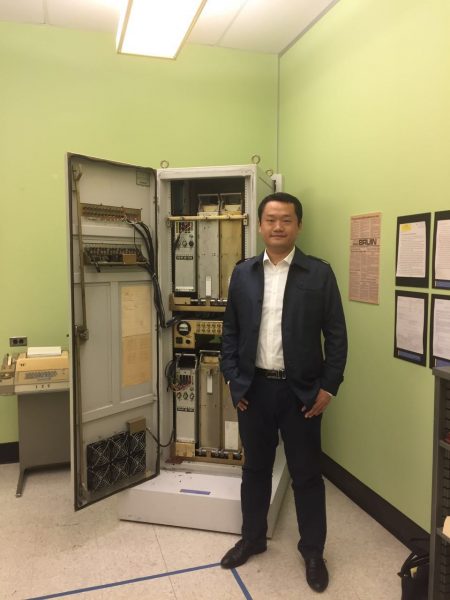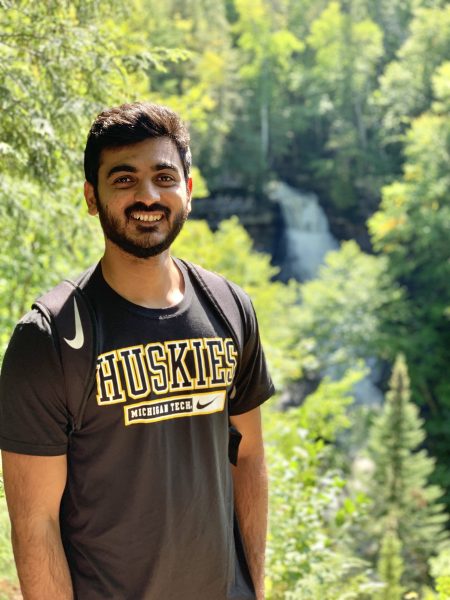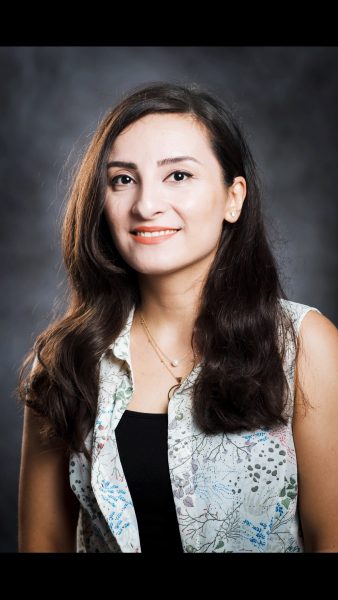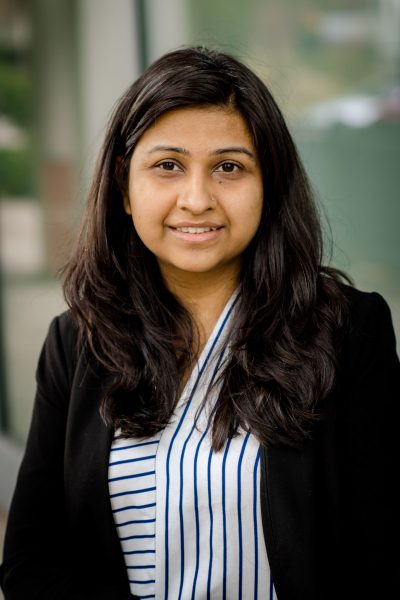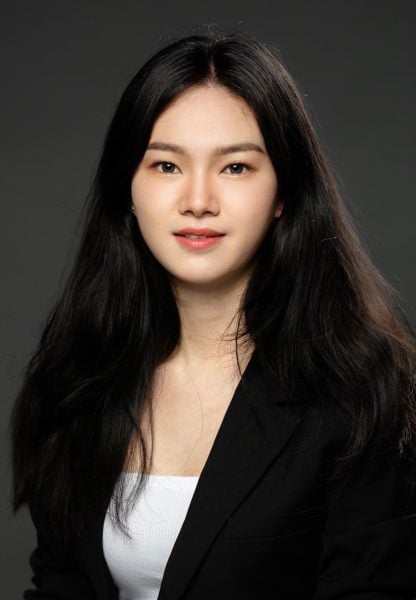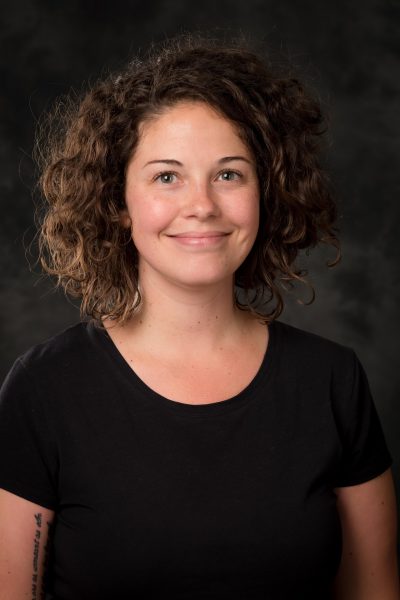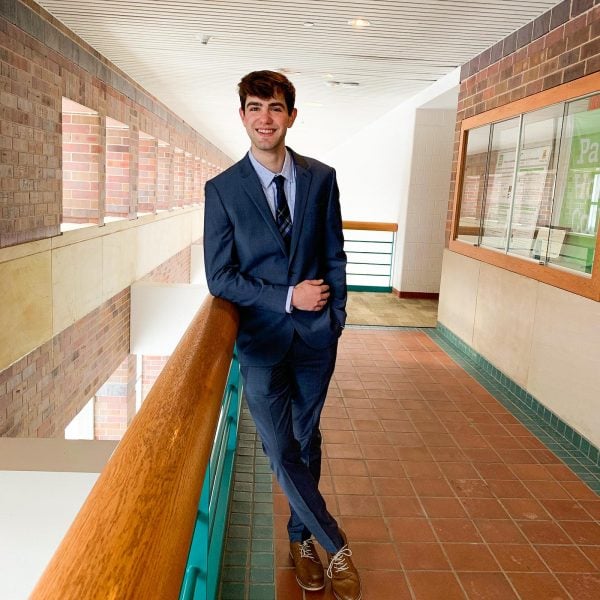I started working on my Ph.D. in Fall 2016 at the Department of Electrical and Computer Engineering with Prof. Zhaohui Wang. I previously obtained my M.S. from the University of Connecticut and my B.S. from Xi’an Jiaotong University in China. My research has focused on underwater acoustic communication and networking technology.
At Michigan Tech, I first developed a comprehensive experiment system for both simulation and field underwater acoustic communication and networking experiments, which facilitated several field experiments in Keweenaw Waterway, Lake Superior, and a joint field experiment with UCLA in Marina del Rey. With the abundant field experiment data collected by this system, I explored the generative models of the underwater acoustic channel impulse response with deep learning. The generative models can further enhance the performance of reinforcement learning models for optimizing configurations of an underwater acoustic network system. I plan to continue my research and development works on underwater acoustic communication systems after I finish my Ph.D.
I would like to express my sincere gratitude to the Department of Electrical and Computer Engineering and the Graduate College of Michigan Technological University for their continuous support in achieving my Ph.D. goals. My special thank goes to my research advisor Prof. Zhaohui Wang, my committee members, and also all the lab members in our research group for their invaluable guidance and help.
